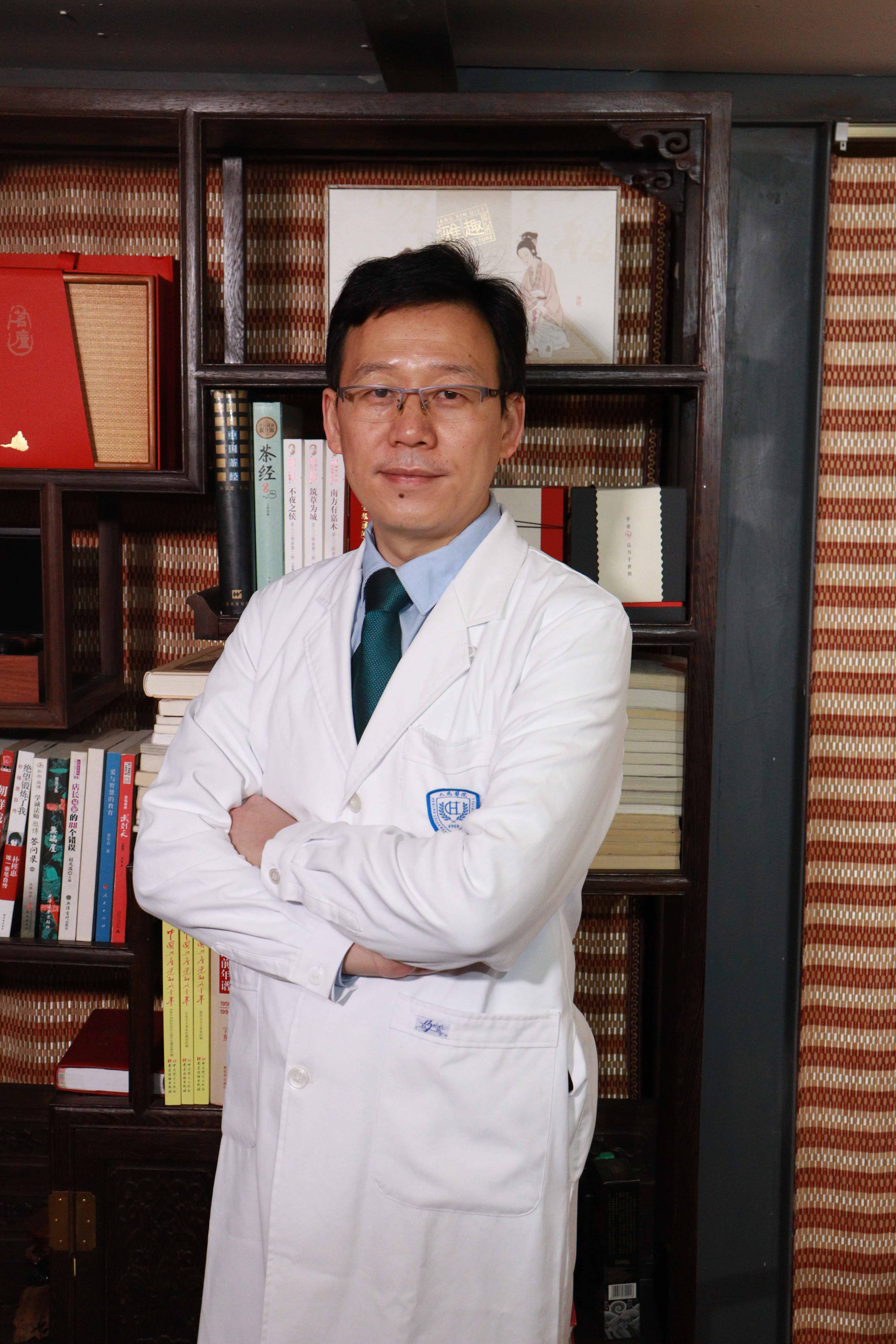What causes nasal congestion and pain when bending forward?
In general, nasal pain or a sensation of pressure when bending the head forward may be caused by excessive fatigue, upper respiratory tract infection, chronic rhinitis, sinusitis, nasal polyps, or other conditions. It is recommended to seek medical attention promptly to determine the underlying cause and receive appropriate treatment. Specific analyses are as follows:
1. Excessive Fatigue
Prolonged work or study without adequate rest can lead to physical fatigue. When bending the head forward, blood circulation slows down, potentially causing nasal discomfort or pain. It is advised to arrange work and rest periods reasonably, taking a 10-minute break for light activity every hour. Avoid overexertion.
2. Upper Respiratory Tract Infection
This may result from bacterial or viral infections, leading to inflammation and swelling of the nasal mucosa. Symptoms often worsen when bending the head forward. Under medical guidance, antiviral oral solutions, Lianhua Qingwen capsules, Ganmao Ling granules, or similar medications may be used for treatment.
3. Chronic Rhinitis
Usually caused by infection, inflammation irritates the nasal mucosa, increasing secretions. When bending the head forward, these secretions may block the nasal passages, causing a feeling of fullness or pain, along with symptoms such as nasal congestion and runny nose. Under medical supervision, treatments may include Xiangju capsules, Biyan tablets, or Biyuan Tongqiao granules.
4. Sinusitis
Typically caused by bacterial or fungal infections, sinusitis leads to inflammation of the sinus mucosa. When bending the head forward, impaired blood circulation may exacerbate symptoms. Treatment under medical direction may include cefaclor dry suspension, clindamycin hydrochloride tablets, azithromycin capsules, or similar antibiotics.
5. Nasal Polyps
These are benign growths in the nasal cavity. When bending the head forward, they may obstruct blood flow, causing the aforementioned symptoms, as well as breathing difficulties. Treatment options may include endoscopic sinus surgery or other surgical procedures, as directed by a physician.
During treatment, maintain good personal hygiene by washing hands frequently. Ensure indoor air circulation and avoid crowded places to reduce the risk of viral transmission.










